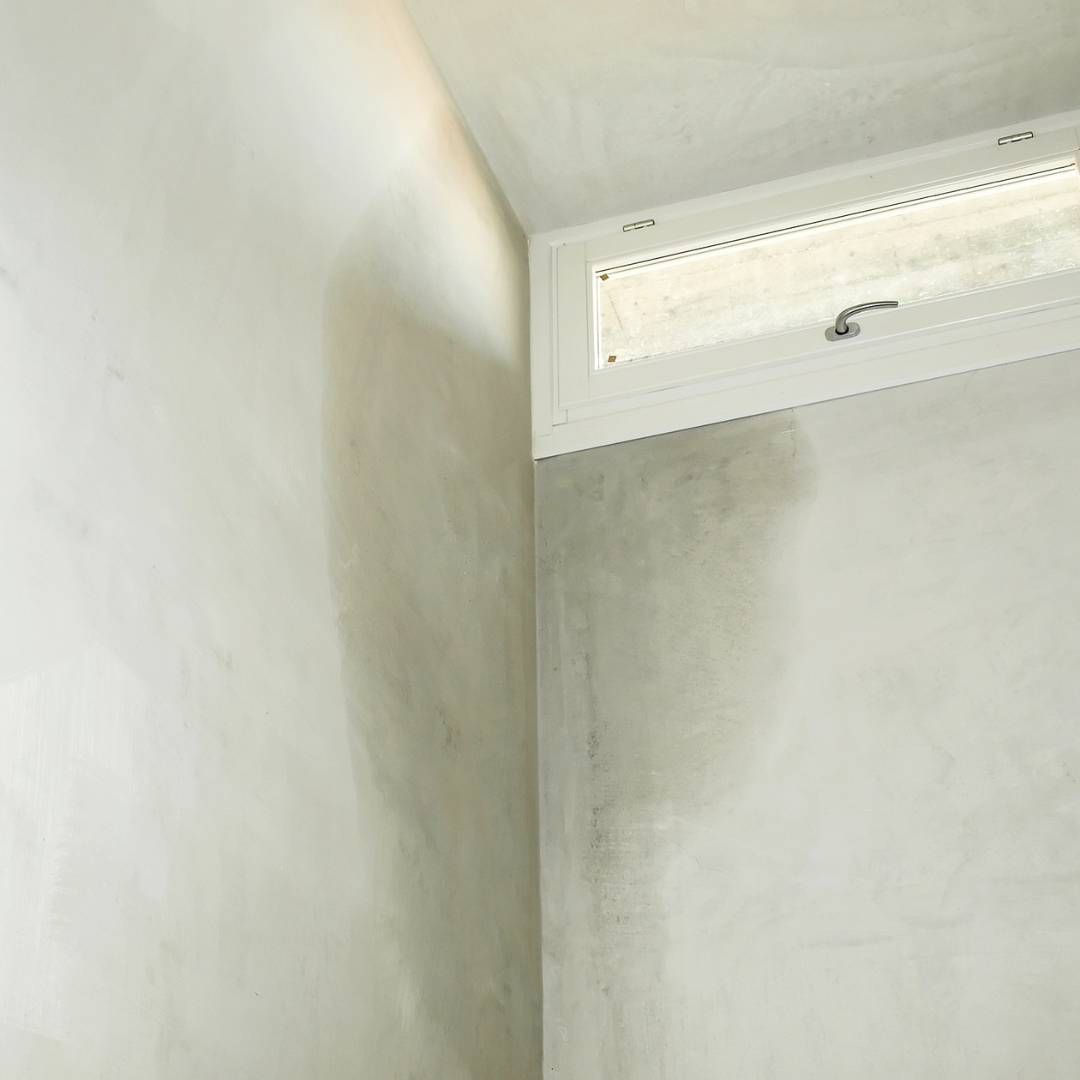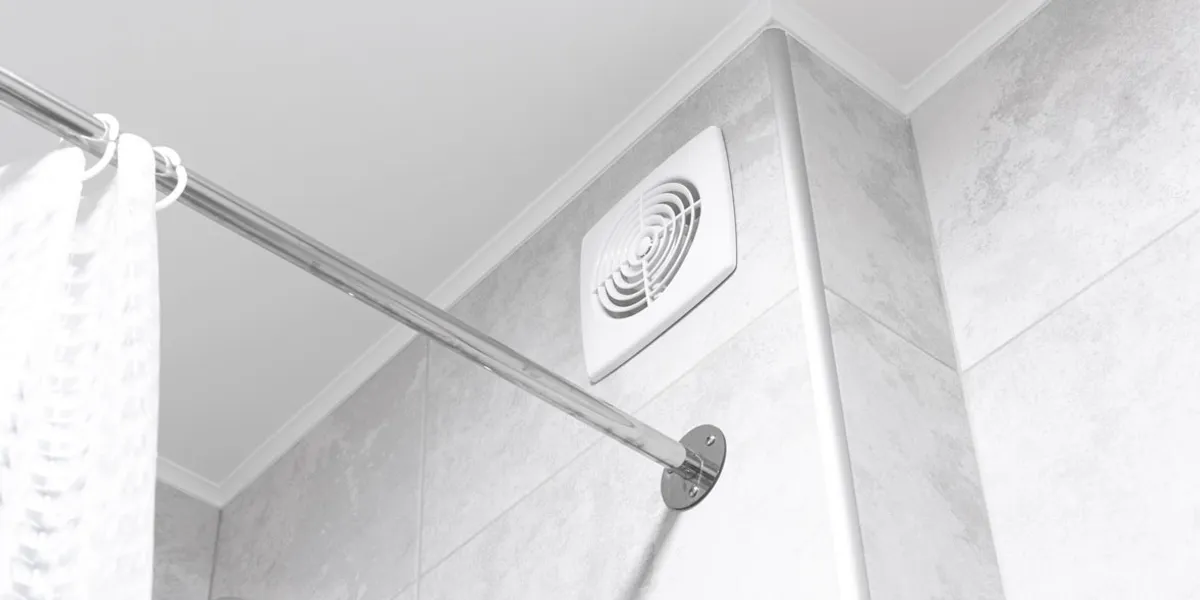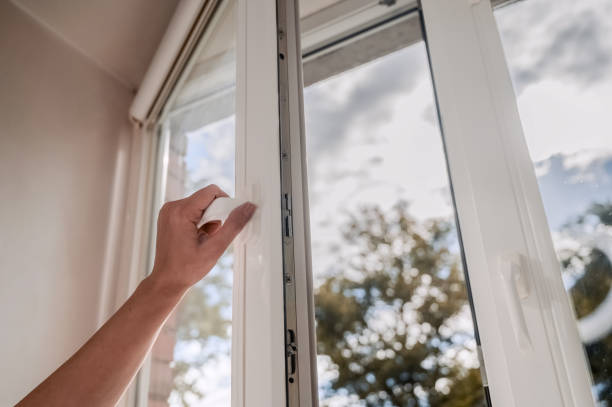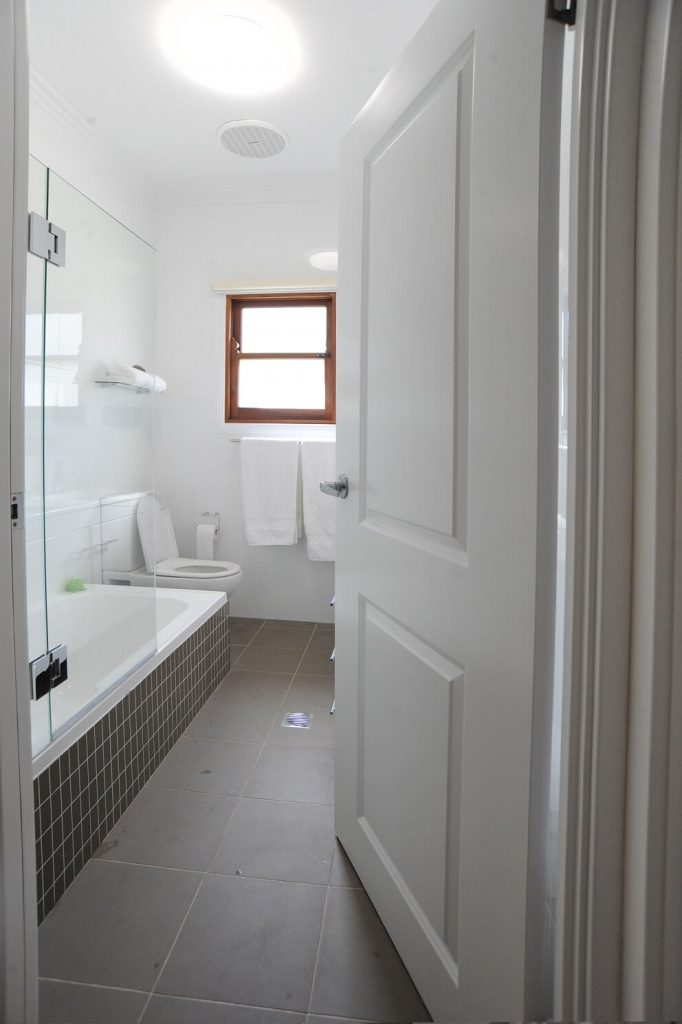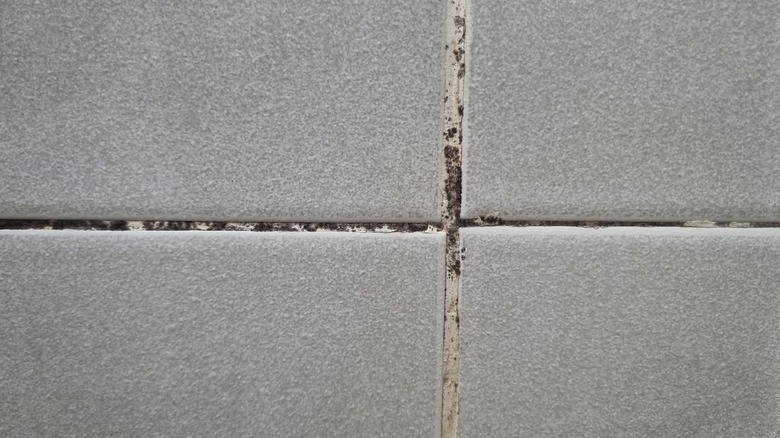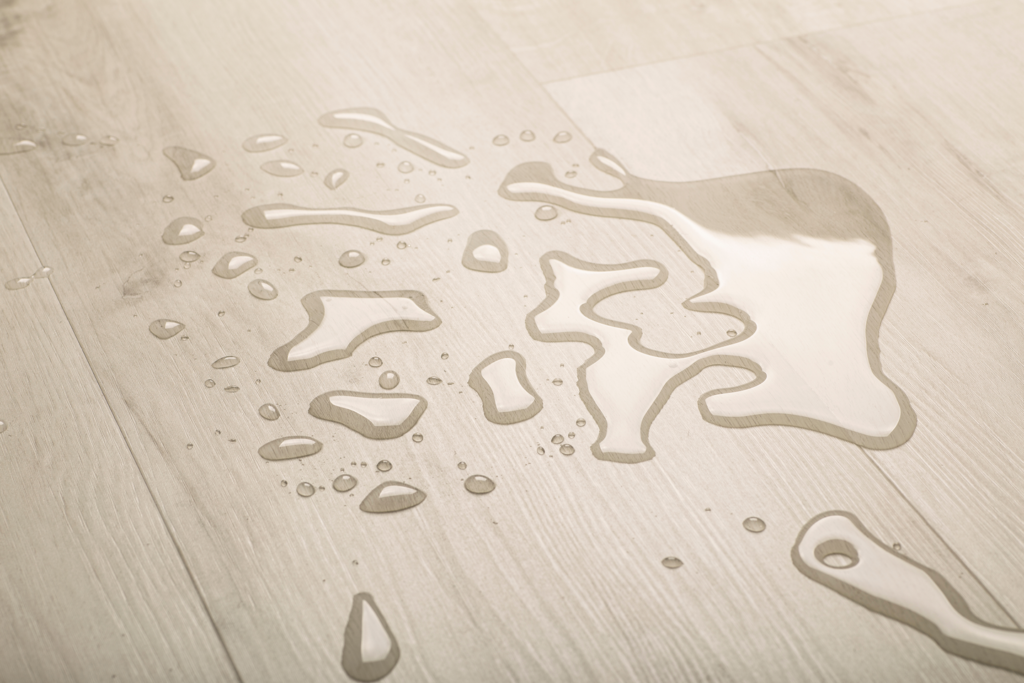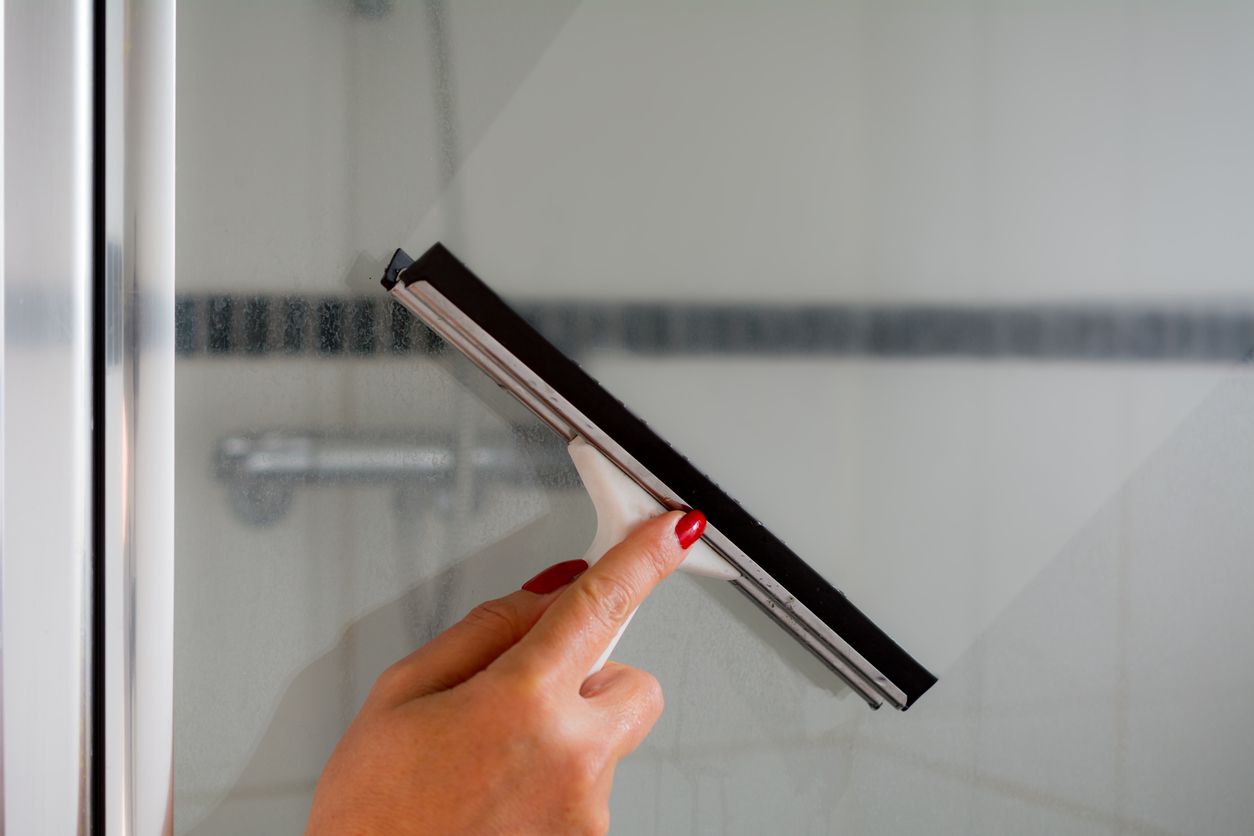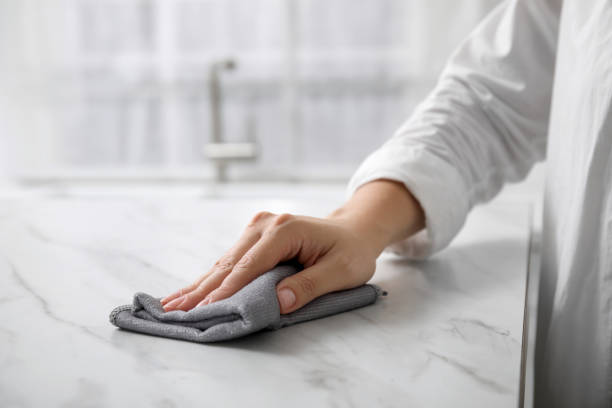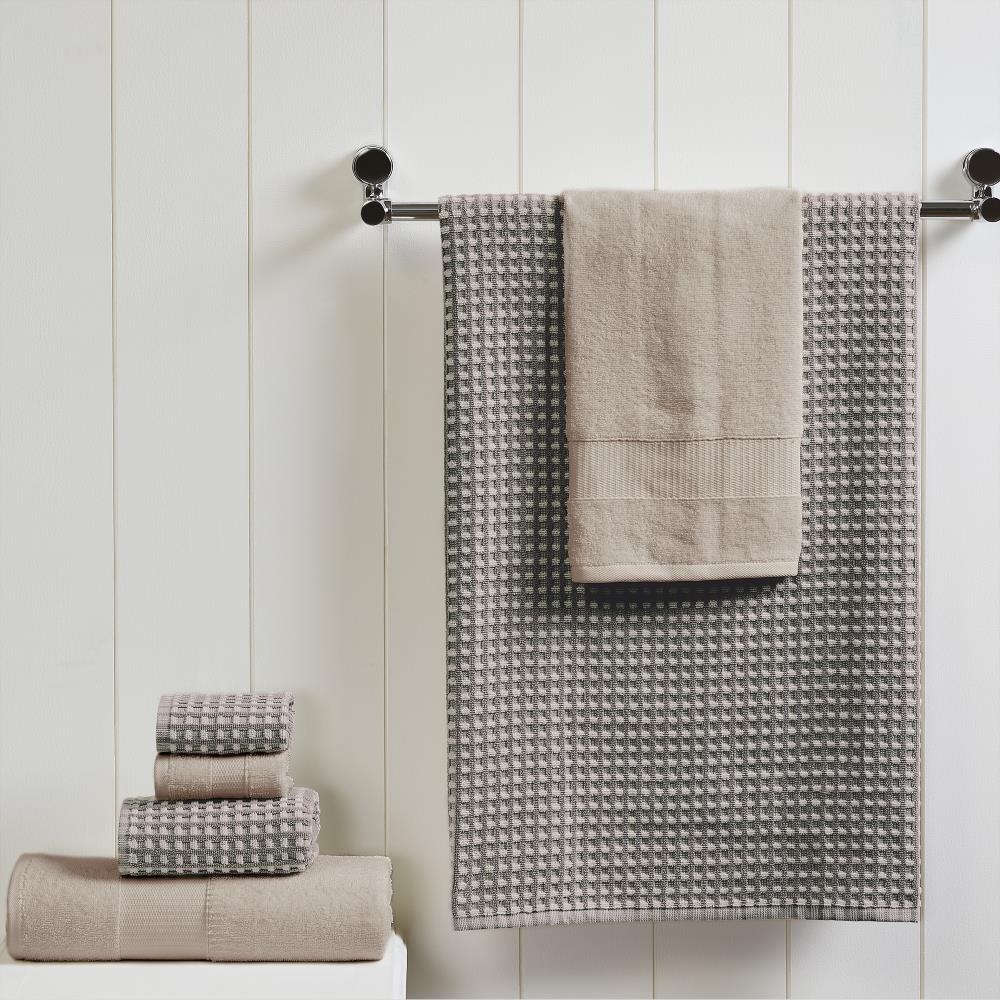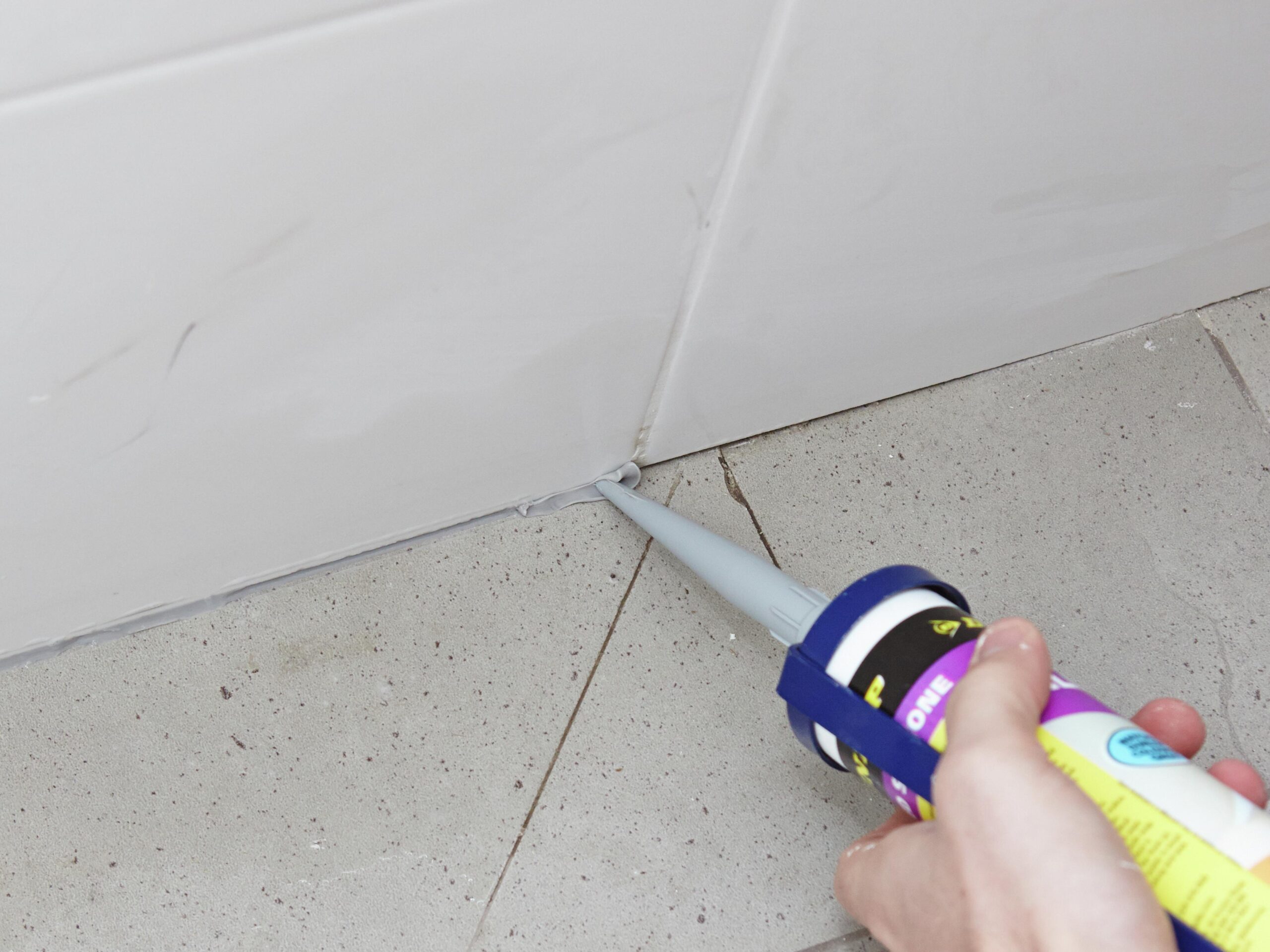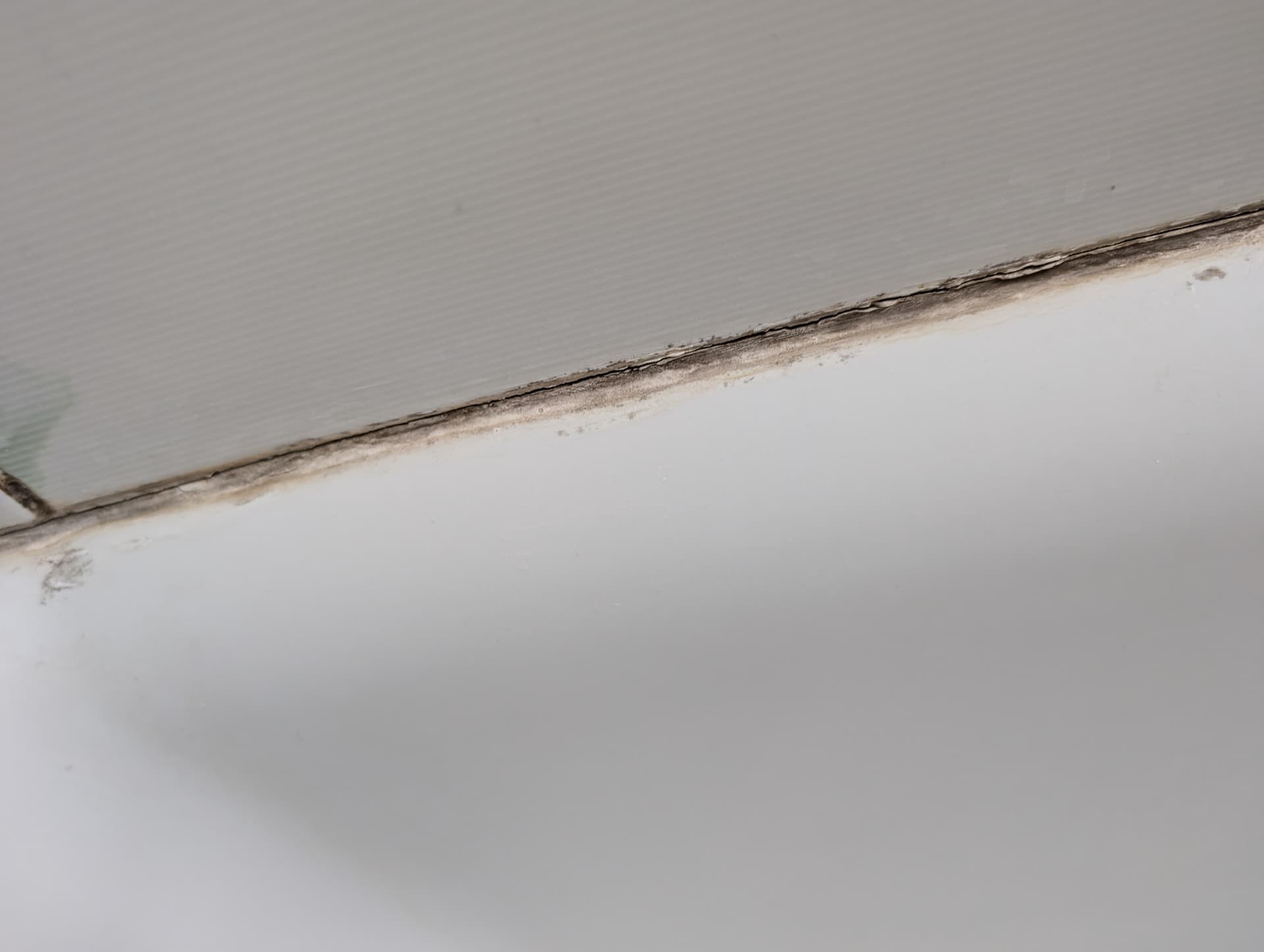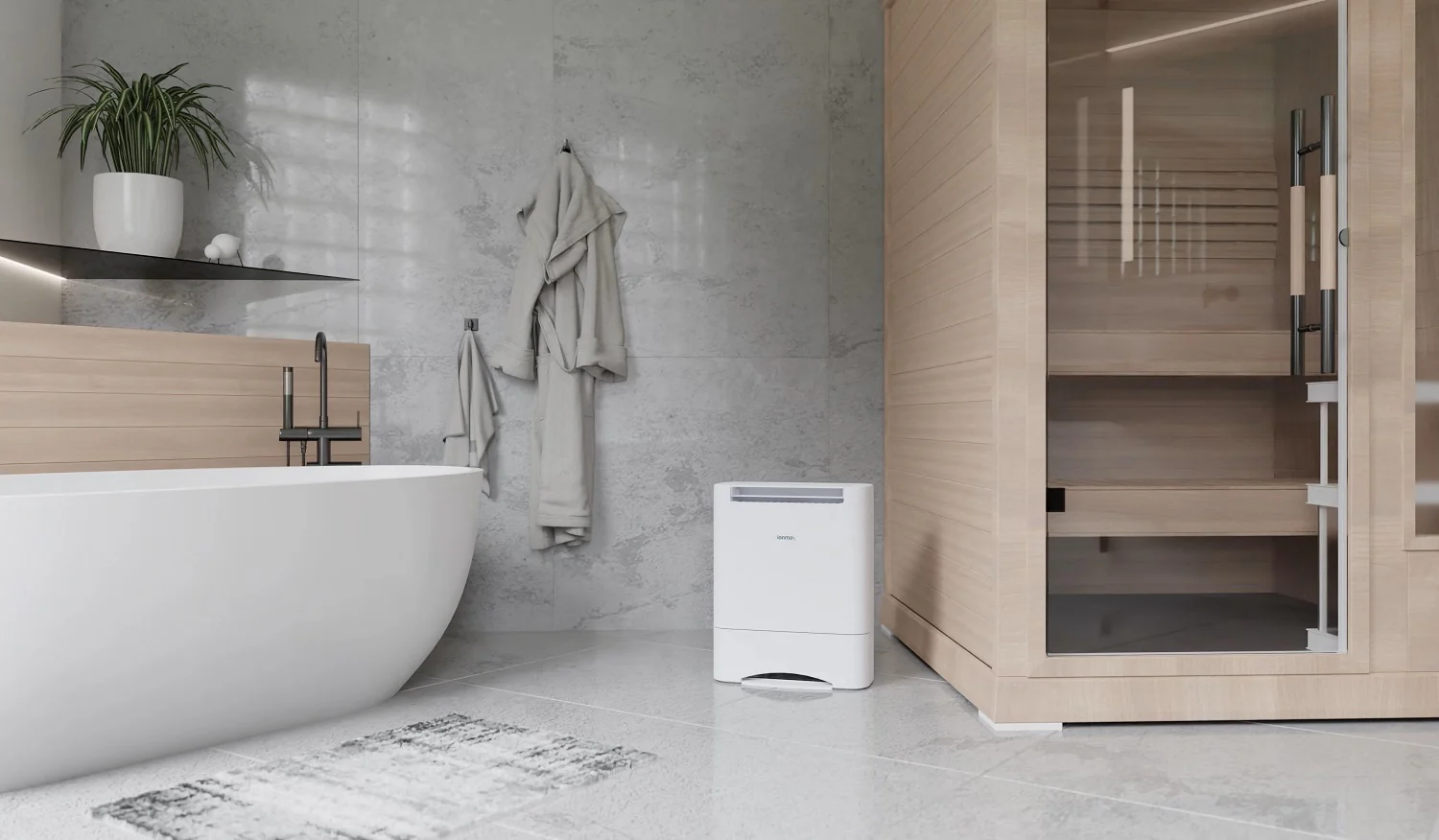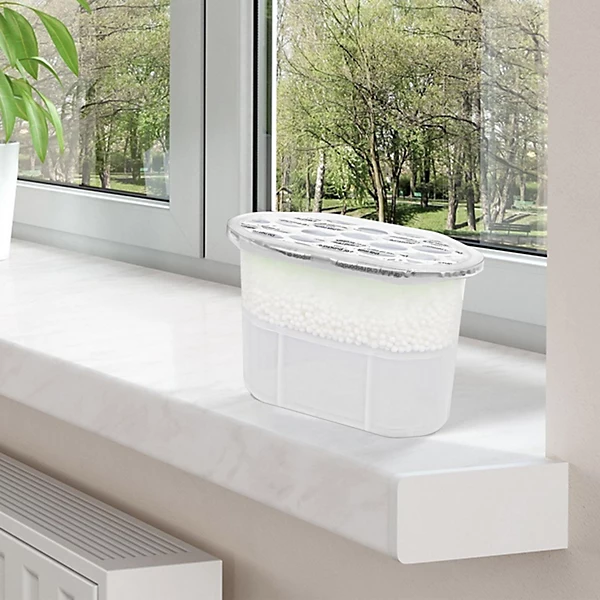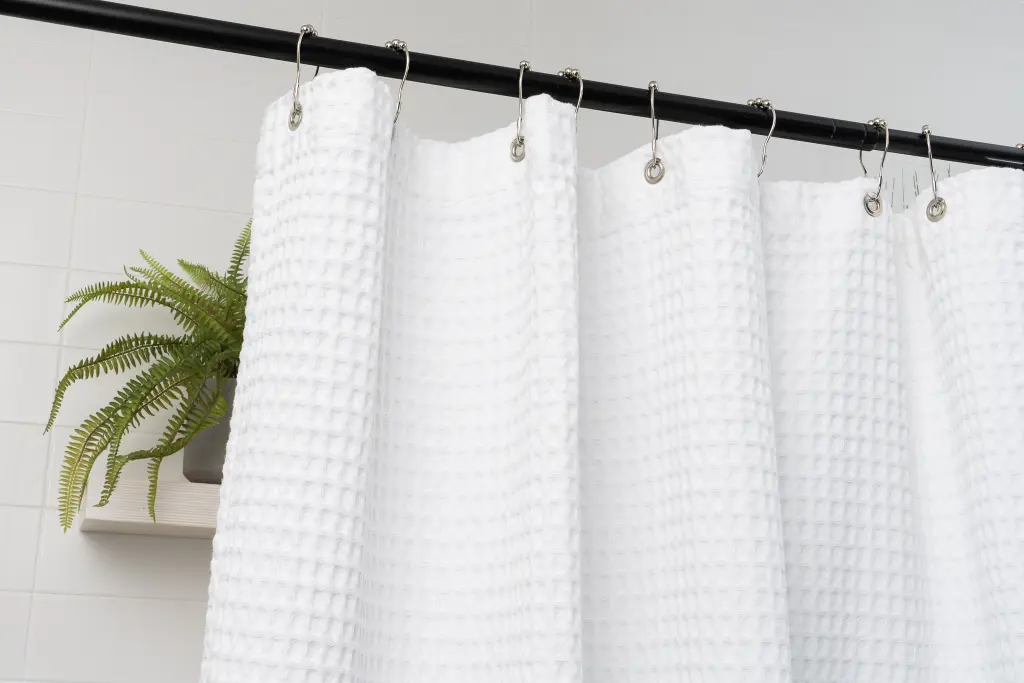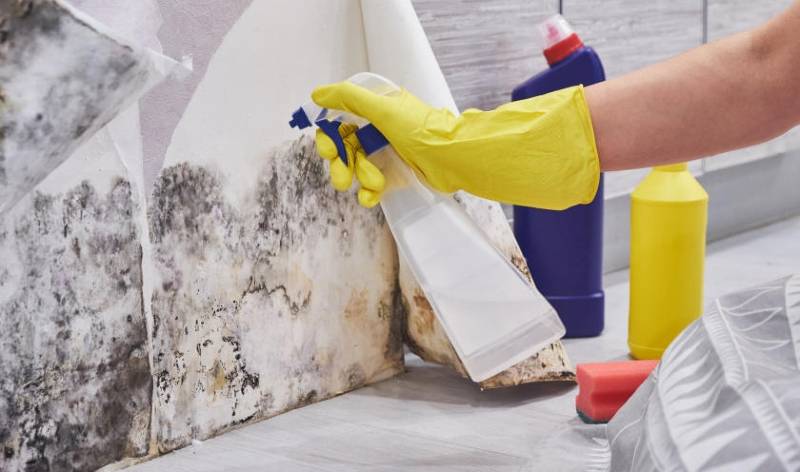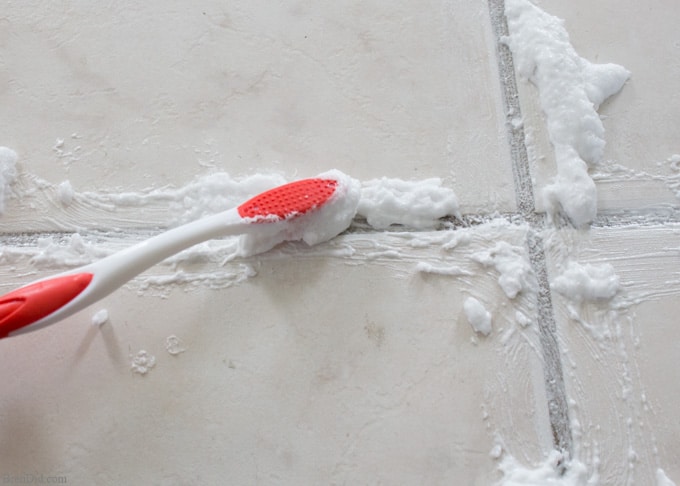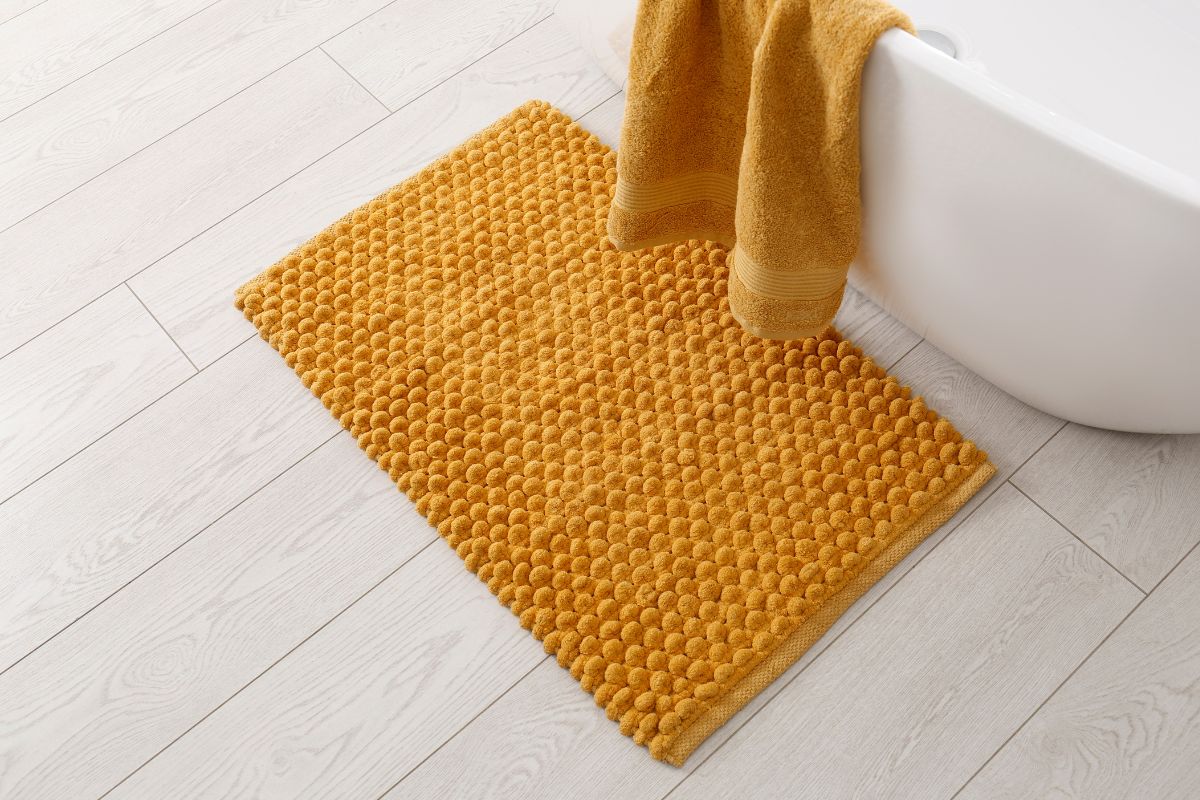Bathrooms are one of the most moisture-prone areas in any home, making them a prime spot for mould and mildew growth. Left unchecked, excess moisture can lead to damage, unpleasant odours and even health issues. The good news? With the right preventative measures, you can keep your bathroom fresh, clean and mould-free!
Here’s how to protect your space from moisture damage while maintaining a healthy bathroom environment.
Table of Content:
Improve Ventilation
Choose Mould-Resistant Materials
Wipe Down Wet Surfaces
Maintain Grout and Sealant
Keep Humidity Levels in Check
Regular Cleaning & Mould Prevention
Improve Ventilation
Poor airflow is one of the biggest culprits behind mould growth. Without proper ventilation, steam from hot showers lingers in the air, creating the perfect breeding ground for mould and mildew.
Use an extractor fan
If your bathroom has an extractor fan, make sure it’s switched on during and after showers to help remove excess moisture.
Open windows and doors
Even a small window opening can help reduce humidity levels.
Leave the bathroom door open after use
This helps air circulate and speeds up drying.
Choose Mould-Resistant Materials
When designing or renovating your bathroom, opt for materials that can handle high moisture levels.
Porcelain or ceramic tiles
Porcelain or ceramic tile materials are non-porous and water-resistant, making them ideal for walls and floors.
Mould-resistant grout and paint
Using anti-mould additives in grout and bathroom paint can help prevent fungal growth.
Waterproof flooring
Avoid carpets or absorbent materials in the bathroom. Instead, choose vinyl, tiles or waterproof laminate.
Wipe Down Wet Surfaces
Standing water is a major trigger for mould, so it’s essential to dry surfaces regularly.
Squeegee shower walls and doors
A quick wipe after each shower reduces water buildup.
Dry countertops and sinks
Wipe up excess water to prevent moisture from seeping into cabinets.
Hang up towels properly
Avoid leaving damp towels in a pile — hang them on a rail to dry completely.
Maintain Grout and Sealant
Grout and silicone sealants around your bathtub and basin can trap moisture over time, leading to mould growth.
Re-seal grout every 6-12 months
This helps prevent moisture from seeping in.
Check for cracks
If you notice any cracks in the sealant, replace it before water seeps through.
Keep Humidity Levels in Check
A consistently humid bathroom encourages mould growth. If ventilation alone isn’t enough, try these solutions:
Use a dehumidifier
Ideal for bathrooms without windows or extractor fans.
Add moisture-absorbing products
Silica gel packs or moisture absorbers can help reduce dampness.
Keep the shower curtain open
If you use a shower curtain, spread it out to dry instead of leaving it bunched up.
Regular Cleaning & Mould Prevention
Routine cleaning keeps mould from getting out of control.
Use a mould-killing cleaner
Vinegar, baking soda, or specialised anti-mould sprays work well. For an extra-effective solution, visit your nearest Tiletoria showroom and try our mould-busting and prevention spray!
Scrub tile grout regularly
A mix of water and baking soda can help remove grime and prevent mould.
Wash shower curtains and bath mats
These can harbour mould if left damp for too long.
Preventing mould and moisture damage in your bathroom doesn’t have to be difficult. With good ventilation, the right materials and a few daily habits, you can keep your space clean, dry and mould-free.
Looking for high-quality slip-resistant tiles and bathroom solutions? Explore our range to find the perfect fit for your bathroom!


